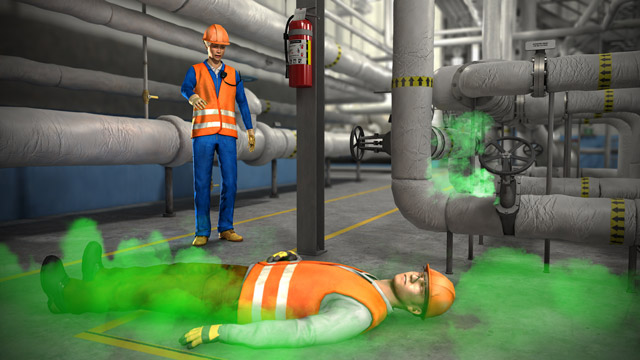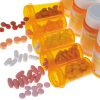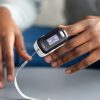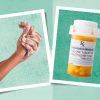- Empty cart.
- Continue Shopping
How to Administer First Aid for Poisoning

Accidental poisoning can happen in various ways, from ingesting harmful substances to inhaling toxic fumes or coming into contact with poisonous plants or chemicals. When faced with a poisoning emergency, it’s crucial to take immediate action to minimize harm.
1. Assess the Situation
The first step in handling a poisoning emergency is to assess the situation and ensure your safety. Be cautious and do not put yourself at risk of exposure to the poison. If the victim is in a hazardous environment, such as a chemical spill, ensure that the area is safe before proceeding.
2. Call for Help
Immediately call emergency services (911 in the United States) if you suspect poisoning. Provide them with as much information as possible, including:
- Your location.
- The victim’s age and weight.
- The type of poison or substance involved.
- The quantity of poison ingested, inhaled, or touched, if known.
- Any symptoms the victim is experiencing.
Getting professional medical assistance is critical in poisoning cases, as they can provide guidance and potentially administer antidotes.
3. Check the Victim
Assess the victim’s condition:
- Check for signs of consciousness or unconsciousness.
- Look for visible signs of poisoning, such as burns or rashes.
- Ask the victim about the source of poisoning if they are conscious and alert.
4. Protect Yourself
If you need to provide assistance to the victim, take precautions to protect yourself from exposure to the poison. Wear gloves if available and avoid direct contact with the poisonous substance.
5. Do Not Induce Vomiting
In most cases, it is not recommended to induce vomiting as a first-aid measure for poisoning. Vomiting can worsen the situation if the poison is corrosive or caustic. Additionally, it may cause the victim to inhale the poison into their lungs, leading to further complications.
6. Rinse Skin and Eyes
If the poison has come into contact with the skin or eyes, rinse the affected area with running water for at least 15 minutes. Use lukewarm water for skin exposure and cool, clean water for eye exposure. Remove contaminated clothing while rinsing.
7. Flush Eyes for Chemicals
For chemical eye exposure, continue flushing the eyes with water while holding the eyelids open. Do this even if the victim appears to be in pain or objects. Continue rinsing until help arrives.
8. Remove Contaminated Clothing
If the victim’s clothing is contaminated with a poisonous substance, carefully cut it away rather than pulling it over their head to prevent further exposure.
9. Monitor Breathing
If the victim is having difficulty breathing, provide rescue breathing if you are trained to do so. Ensure an open airway and monitor their breathing until help arrives.
10. Keep the Victim Calm
If the victim is conscious and alert, keep them calm and reassure them. Anxiety and stress can exacerbate symptoms, so try to maintain a soothing environment.
11. Collect Information
If safe and feasible, gather information about the suspected poison, such as the container, label, or any remaining substance. This information can be crucial for medical professionals when determining appropriate treatment.
12. Do Not Give Food or Drink
Avoid giving the victim food or drink unless directed to do so by medical professionals. Consuming anything may worsen the effects of some poisons.
13. Do Not Use Home Remedies
Avoid using home remedies or antidotes unless specifically advised to do so by a poison control center or healthcare provider. Using the wrong remedy can worsen the situation.
14. Follow Professional Guidance
After you have called for help, follow any instructions given by emergency services or poison control centers. They can provide specific guidance based on the type of poisoning and the substances involved.
In Conclusion, Administering first aid for poisoning requires quick thinking, proper assessment, and a cautious approach. Your primary goal should always be the safety of both the victim and yourself. Remember that professional medical assistance is essential in poisoning cases, so call for help immediately. Being informed and prepared can make a significant difference in effectively responding to a poisoning emergency and potentially saving lives.








